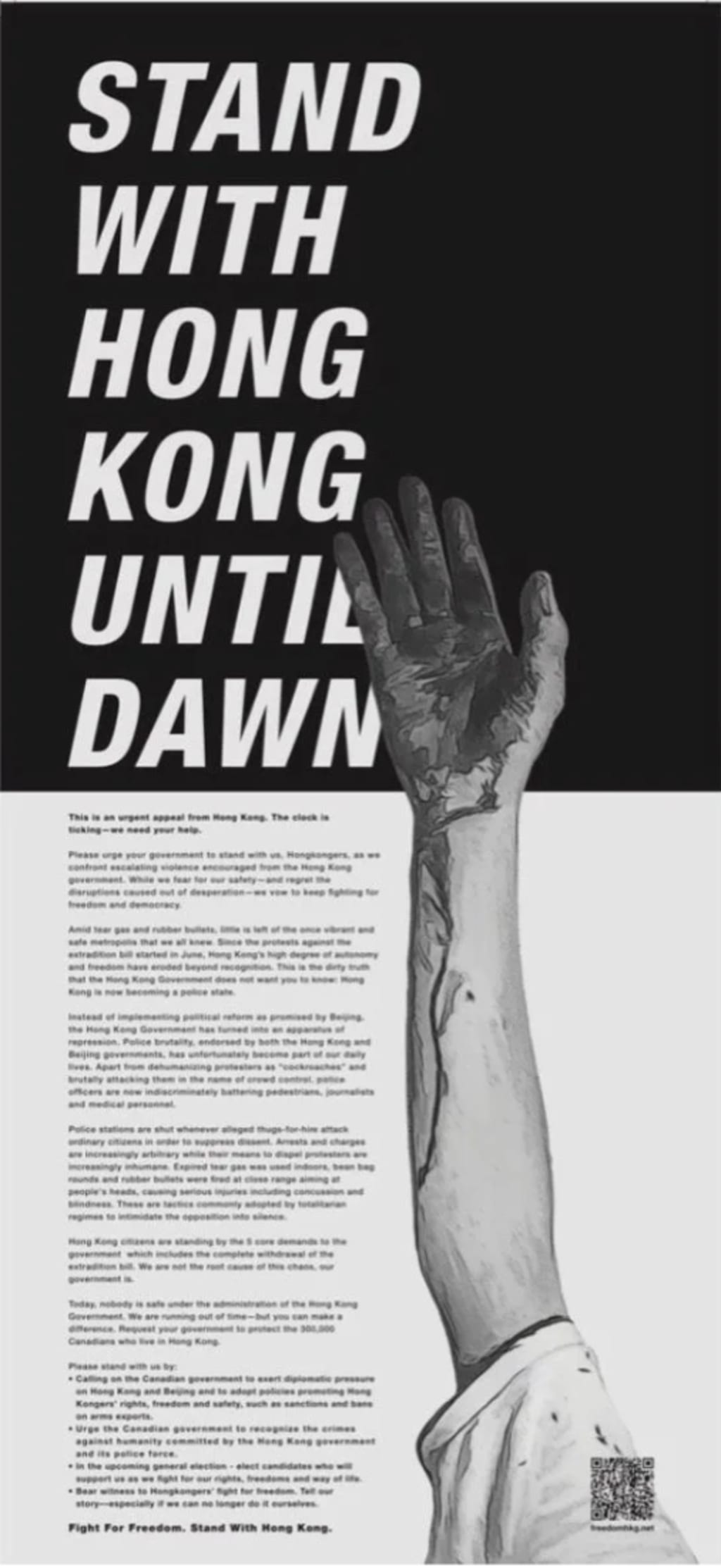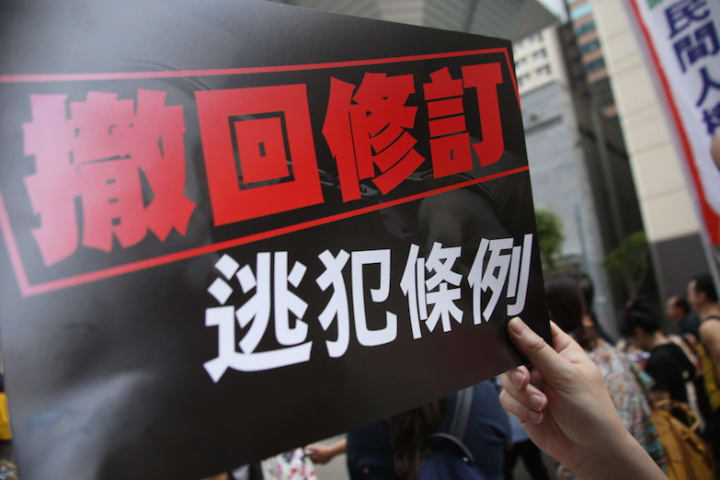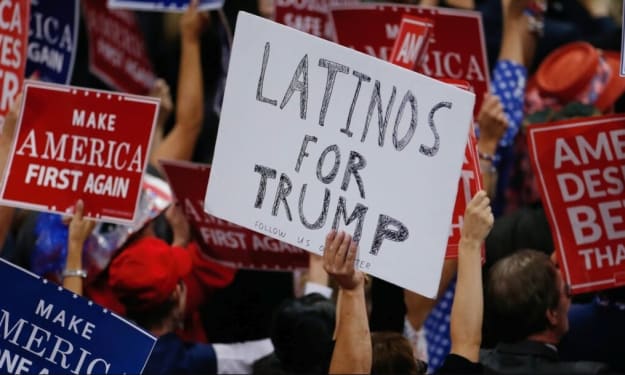
Since mid-June, people in Hong Kong have been protesting against the extradition bill posted by the government. The main reason for the protests against the bill is essentially the lack of trust in mainland China's governing and justice system. This protest has brought a lot of international media attention to Hong Kong since the beginning, yet conflicts with mainland Chinese people.
In China, the media portrayed the protest and the situation in Hong Kong as HongKongese wanting "independence." While I cannot deny that it is what some people want, it is definitely not requested or wanted by the majority of the protesters population.
To clarify, the five main objectives for the protest are:- The complete withdrawal of the extradition bill
- The retraction of the inappropriate use of wordings to describe the organized protests, such as "riots"
- The release of all arrested protesters (assuming they were arrested on political-related grounds)
- Thorough investigations of the unnecessary use of force/ violence and police misconduct during the two-months protest period
- The implementation of universal suffrage elections for chief executive and the legislative council in Hong Kong
While none of the objectives actually involve the "independence of Hong Kong," Chinese media continues to create a gap between mainland Chinese citizens and HongKongese. One of the theories includes the fear of Chinese citizens protesting against the communist government in China, like Hong Kong's people.
The censorship and monitoring of its citizens in China is one of the biggest reasons for their failure to see the other side of the story. Being able to see both sides of the story allows us to think critically and create our own perspectives on the issue. This is what Chinese citizens are unable to do, mostly due to the lack of freedom and democracy in the country.
However, what I have seen is that overseas Chinese individuals (who have access to other sources of media) are unable to do so either. I have talked to countless overseas Chinese people over the last two months. I came to the conclusion that they are still siding with Chinese media and the Chinese government because of their sources of news, Weibo. Weibo is similar to a Chinese version of Twitter. Nevertheless, it is monitored by the Chinese government; thus, some information is censored and will never be able to reach the general public, who uses it as their only source of news. Of course, there are people who choose to side with the Chinese government after understanding the situation and seeing both sides, or simply being patriotic.
I understand that every person will have their own opinions, and it will be slightly biased (or even ethnocentric) to their backgrounds, which will be perfectly normal. I just wonder how one's background can potentially blind them from being (somewhat) objective. For citizens of mainland China, they would not have access to media other than what the government authorizes. Would their opinions on issues still be as relevant as people who might have access to a wider range of media?
"Withdraw the extradition bill"

About the Creator
L Y
Always writing, always editing, always improving!






Comments
There are no comments for this story
Be the first to respond and start the conversation.